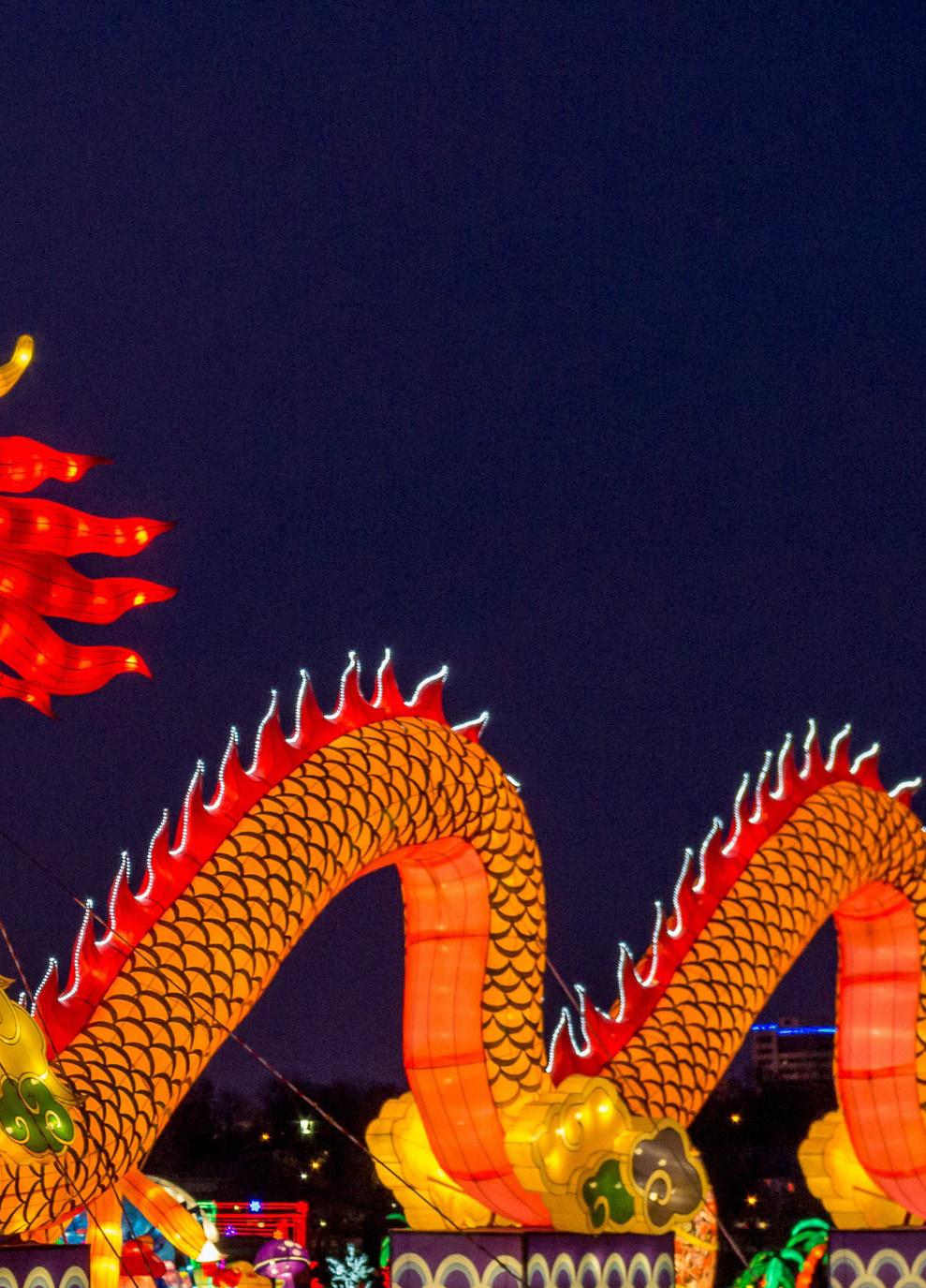
1 minute read
Big Picture
Rod Ramsell Unsplash.com
The underlying supply chain challenges of Chinese New Year
China
Every year, those in China gather from far and wide to celebrate Chinese New Year (also known as Lunar New Year or Spring Festival). With this significant Chinese celebration falling on February 1 this year (2022), a seven-day public holiday falls between January 31 and February 6.
But what does this mean for the supply chain industry?
Over the celebration period, production in factories more or less comes to a standstill, and capacity is significantly reduced across all transport. Regular consequences of the celebration include longer transit times, flight cancellations, and blank sailings, resulting in a significant impact on global freight markets for many weeks. Other factors that are expected to have an impact for not only Chinese but global supply chains in 2022 include COVID-19, supply chain congestion, power curbs, and the Beijing Winter Olympics. Global transport and logistics specialist DSV recommends that supply chains ensure that they plan ahead and consider alternatives.




